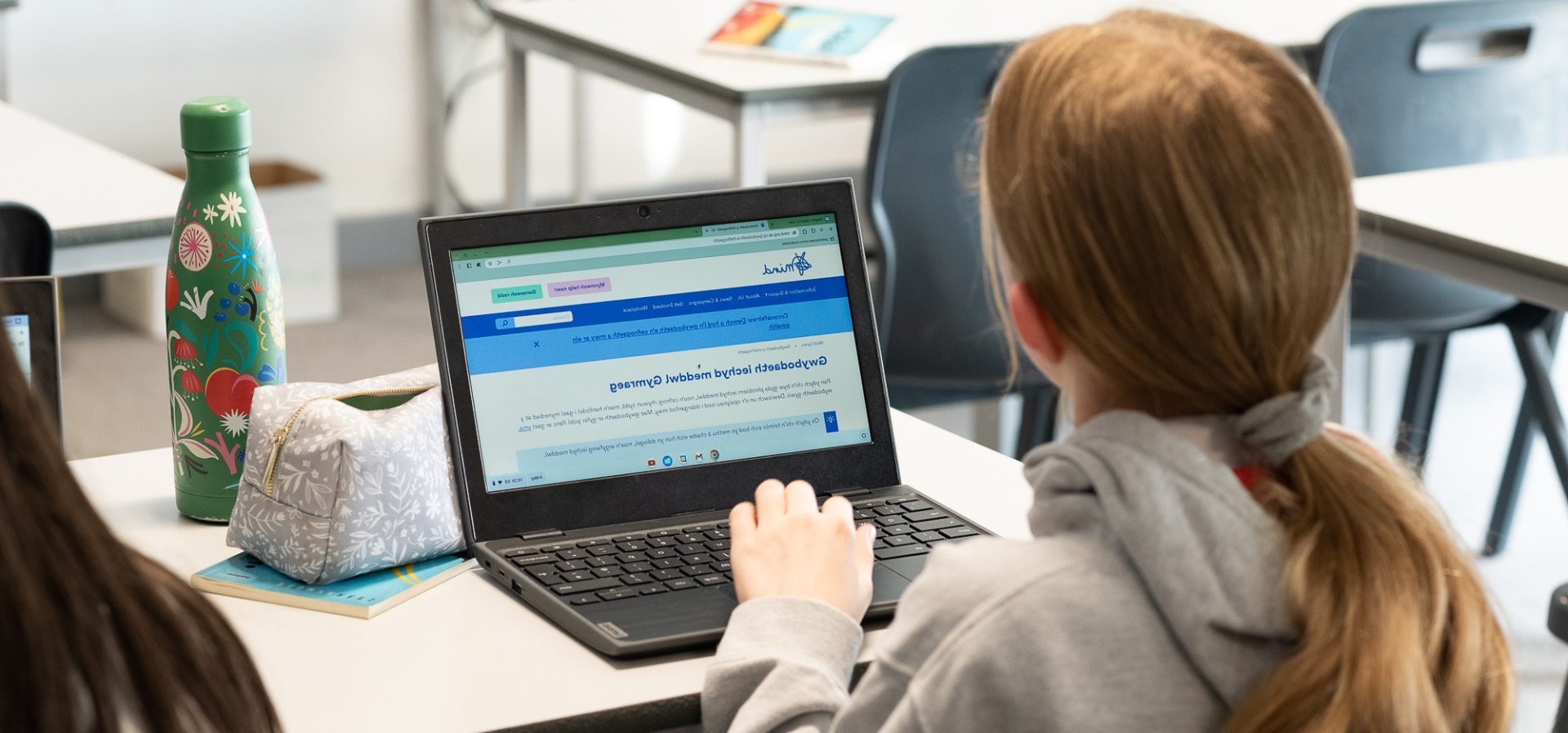Statement of Purpose
Mind in Gwent’s Children, Young People & Families (CYPF) service is built on trauma-informed, youth work–driven principles to promote emotional wellbeing, build resilience, and empower futures. Grounded in the 5 Ways to Wellbeing and Mind’s mission, our model provides consistent, creative, and compassionate support that adapts to the needs of young people and families.
We deliver flexible, needs-led support through peer mentoring, individual and group work, and collaborative input from our Wellbeing Ambassadors. Our approach is designed with and for young people, ensuring their voices shape the services they use. With a core focus on emotional intelligence, self-awareness, and empowerment, the CYPF service makes lasting impact by supporting people to build confidence, bounce back, and move forward.
Mind in Gwent’s Mission
Our CYPF work is rooted in the mission and values of Mind in Gwent – compassion, connection, and community. This is our core – strong, supportive, and purpose-driven.
